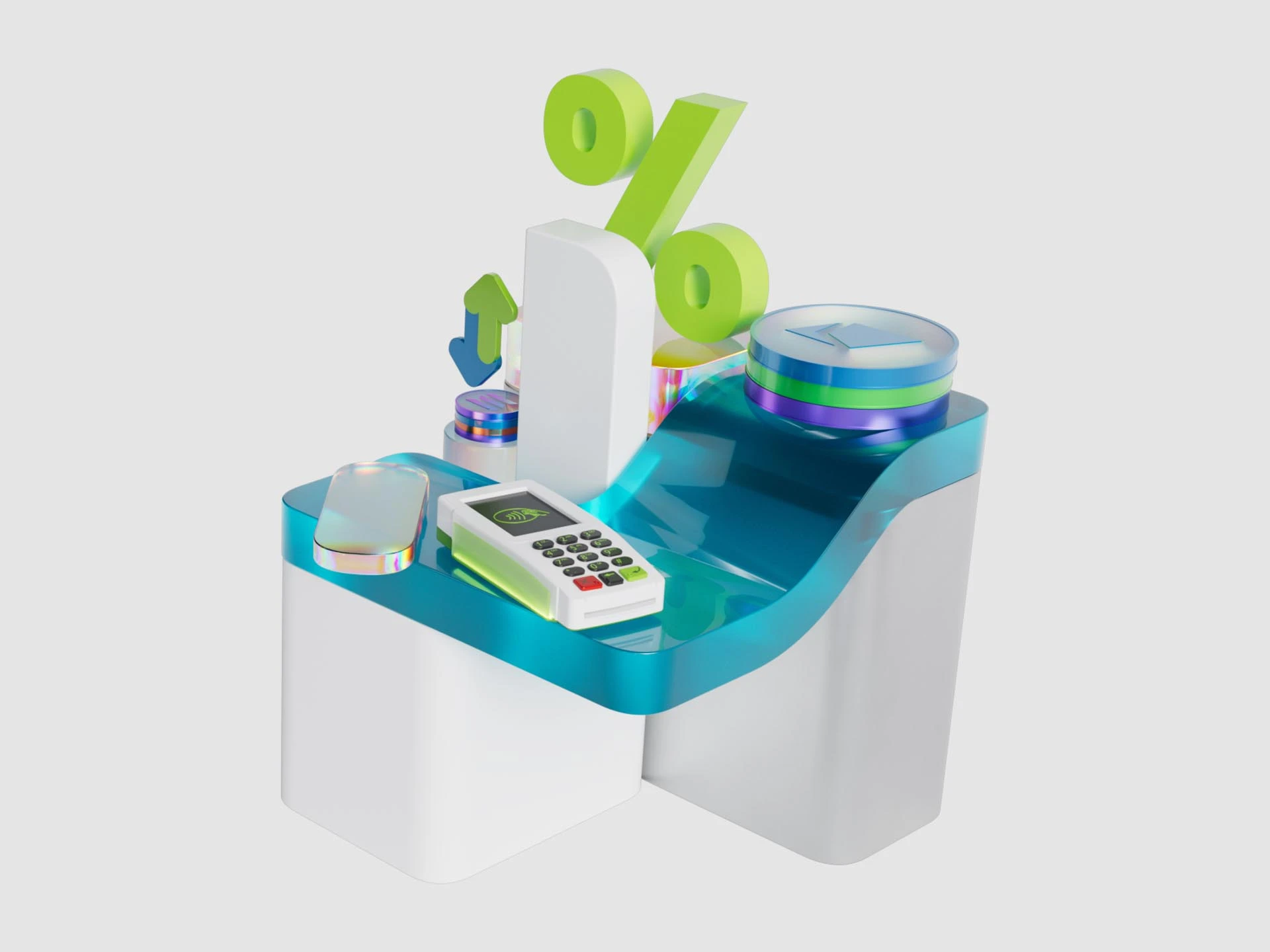
The financial landscape is undergoing a massive transformation. Traditional banking systems, long defined by rigid regulations and slow processes, are being challenged by decentralized finance (DeFi). Businesses need to understand how DeFi is evolving and how it can be leveraged for growth.
Unlike traditional banking, DeFi platforms allow businesses worldwide to access financial services without requiring an intermediary. Companies in emerging markets can now secure funding and transactions without reliance on legacy banking systems.
Smart contracts facilitate transactions in real time, eliminating the need for third-party approvals. Payments, loans, and business contracts can now be executed with complete transparency and automation.
DeFi significantly reduces transaction fees by removing unnecessary intermediaries. Businesses operating on blockchain networks can process payments and investments at a fraction of the cost compared to traditional methods.
Companies are increasingly holding crypto assets as part of their financial strategies. Stablecoins and other blockchain-based assets provide an alternative to traditional fiat, offering faster settlements and global access.
Despite its advantages, DeFi still faces challenges with regulatory compliance and security risks. Businesses must work with secure platforms like Biptap, which bridge traditional finance and blockchain to ensure compliance without sacrificing decentralization.
The DeFi revolution is inevitable. Businesses that embrace blockchain-powered financial services will gain a competitive edge, improving efficiency, reducing costs, and expanding their reach in the global economy.